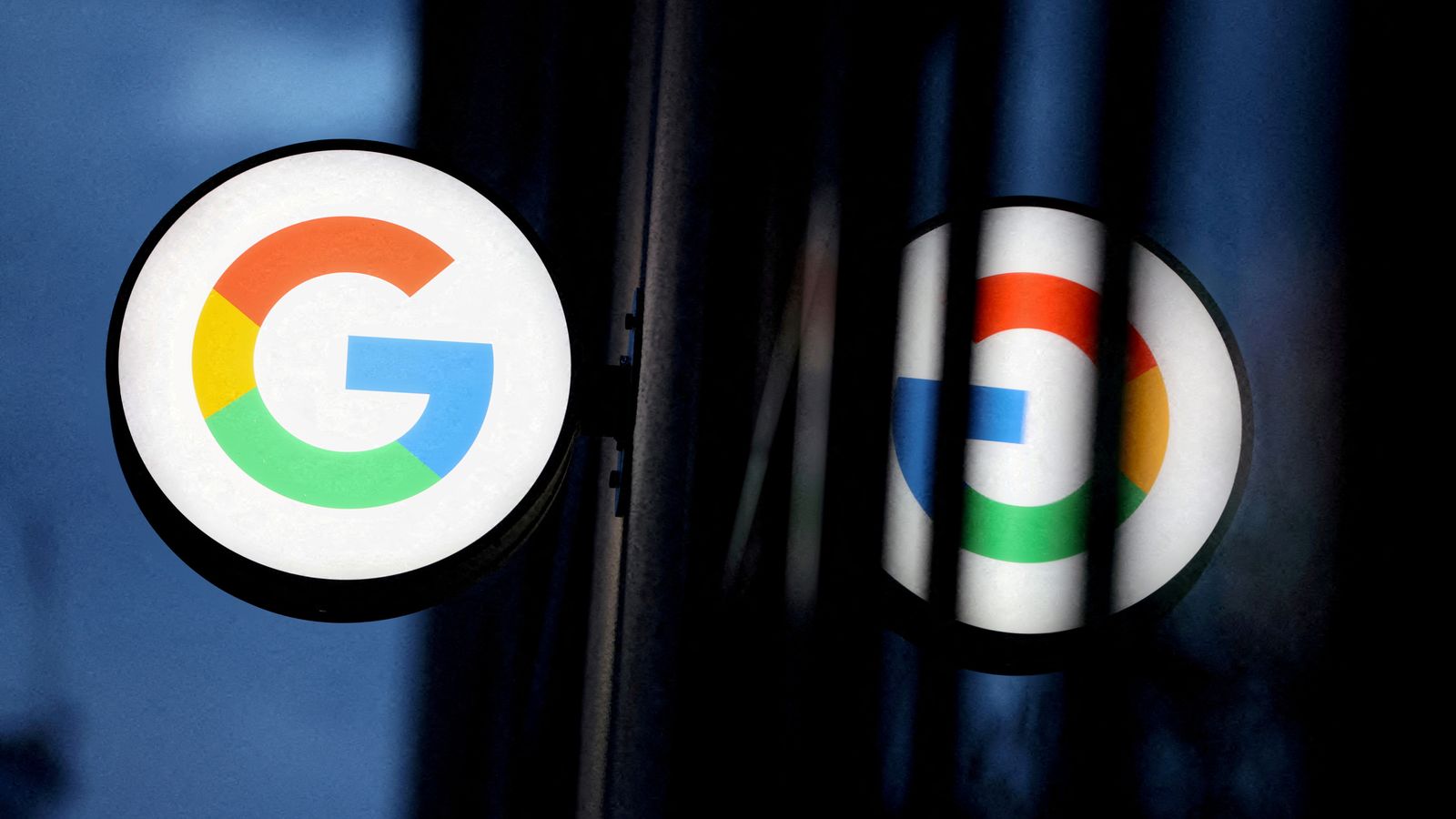
The closely-fought Irish general election campaign has entered its final day, as concern over the economic threat posed by Donald Trump becomes an electoral theme.
With housing and the cost of living among key concerns, Irish voters are being wooed with substantial spending promises from the main parties, despite economists warning of “a clear and present danger” to Ireland’s corporation tax revenues from the president-elect, who assumes office in Washington on 20 January.
Around a quarter of Ireland’s tax take comes from foreign-owned multinational companies, largely in the technology, pharmaceutical and chemical sectors.
Donald Trump wants those American firms to book their profits, and pay their taxes, in the US instead.
He also has plans for tariffs of up to 20% on goods from EU countries. Ireland currently has a record trade surplus with the US of some €35bn (£29bn).
Mr Trump’s choice for commerce secretary, Howard Lutnick, has already taken aim at Ireland’s trade policies, saying it’s “nonsense that Ireland of all places runs a trade surplus at our expense…when we end this nonsense, America will be a truly great country again. You’ll be shocked”.
These are ominous signs for Irish economists like Dan O’Brien, who works with the Institute of International and European Affairs.
He said it’s “very difficult to overstate how dependent on its economic integration with the United States” Ireland is, as in many ways “it’s the basis of our economic model”.
“If we didn’t have those American companies here employing hundreds of thousands of people directly, many more indirectly, manufacturing goods to sell to the United States, paying a lot of corporation tax, the Irish economy would look radically different.”
For Mr O’Brien, the spending plans of Fine Gael and Fianna Fail, who along with the Green Party formed the last government, as well as those of the main opposition party Sinn Fein, need to be viewed with caution.
Mr O’Brien said: “It’s very stark to listen to the political debate in the UK, where it’s so much about austerity as it is in many European countries these days, and here in Ireland, where the politicians are promising everything because the public finances are so good. It’s always a mistake for politicians to pretend to voters that the good times will go on forever.
“I’m not saying it’s going to be a recession or worse, but it is a clear and present danger given what the most powerful man in the world has said he is going to do.”
On the campaign trail, the issue of Donald Trump’s plans has increasingly been put to candidates.
At an event in Dundrum, Co Dublin, Sky News asked Irish Prime Minister Simon Harris why the second Trump term is being viewed as such a threat, especially as corporation tax revenues in Ireland increased during the first Trump White House.
Mr Harris said: “Trump 2.0, the second Trump presidency, is not the same as the first for a variety of reasons, including the fact that he’s received a very large mandate.
Read more:
Trump cabinet picks ‘targeted’
Tesco drops McGregor after rape case
“If three US companies left Ireland, it could cost us €10bn (£8bn) in corporation tax. I’m not pre-empting that, I’m not saying it’s going to happen, I’m not predicting it, but that’s the level of risk that our economy is exposed to.”
Asked if Ireland should be scared of the new administration, Mr Harris replied: “No, but we shouldn’t be in any way ignorant to the policy platform that President Trump has put forward.”















